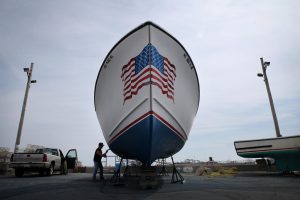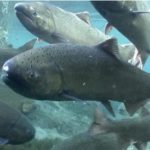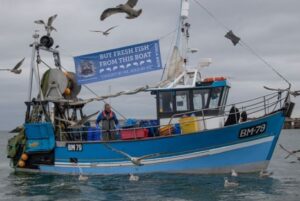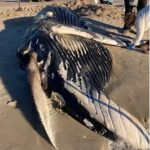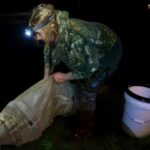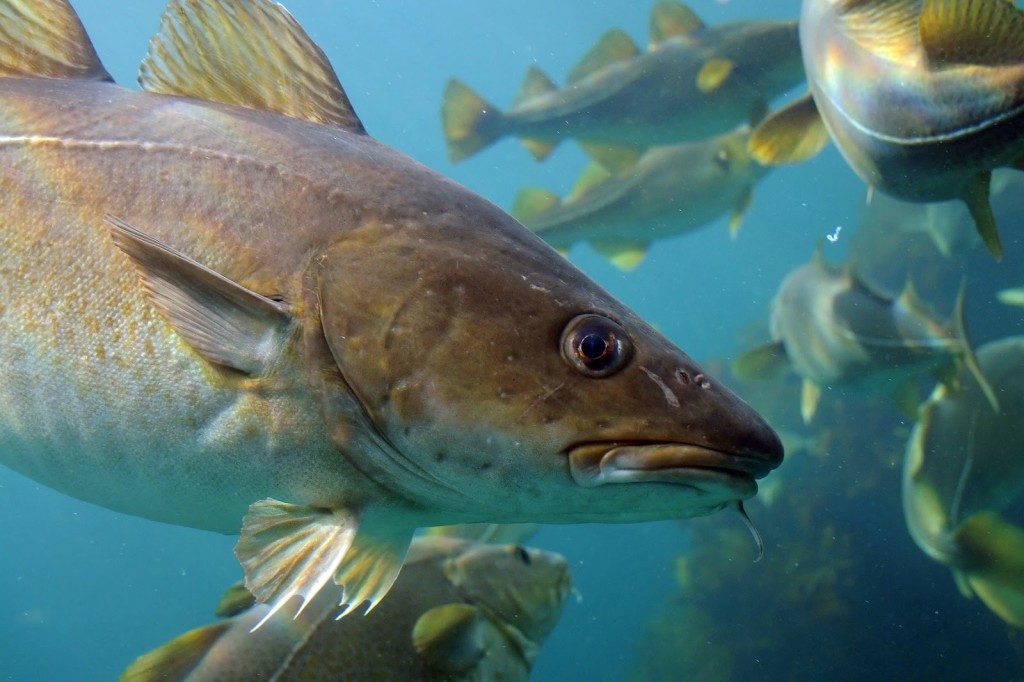Tag Archives: Nils E. Stolpe/FishNet USA
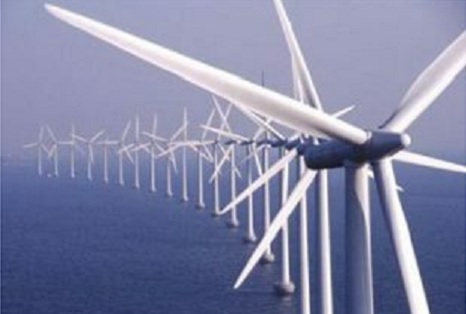
Nils Stolpe: How many statisticians does it take to….
Screw in a lightbulb? Trivialize the deaths of at least two dozen whales? Convince the world that the massive installation of wind power off our East Coast won’t irreparably damage our estuarine, inshore and offshore ecosystems? The folks at NOAA/NMFS (and with the convenient parroting of myriad so-called environmentalists, and BOEM, the other part of the federal cheerleading squad selling Ocean Wind as a major solution to our “energy crisis”) have declared that it hasn’t been proven that there aren’t any relationships between the extensive survey work being committed by Big Wind and the associated contractors and the two dozen deaths that have been visited upon several species of whales off New York and New Jersey. What is their proof? Inadequately enough, their “proof” boils down to the fact that they have seen no proof. To my way of thinking, that’s tantamount to convicting someone of murder because there is no proof that he or she isn’t a murderer. But it appears as if, as far as dead whales and President Biden’s and New Jersey’s Governor Murphy’s windmill fantasies are concerned, that’s good enough. At least for NOAA/NMFS, BOEM and a bunch of environmental organizations. Why? >click to read< 09:54
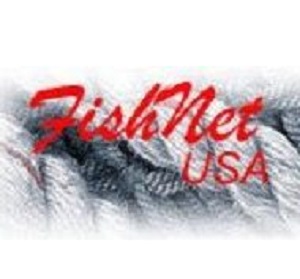
Offshore windfarms – some of the important actors
While I might have missed some of it, I haven’t seen much discussion of “who’s on first” vis-à-vis offshore windfarm development. Considering this, and considering that their development and the development of other controversial (at least to “historical” users of our nearshore and offshore waters) has the potential to severely impact or perhaps destroy, destroy the domestic commercial fishing industry starting in the mid-Atlantic/New England, I thought it might be instructive to examine some of the corporations who are interested in/committed to this INDUSTRIALIZATION of the ocean areas waters that have fed so many of our citizens and provided onshore and offshore employment for fishing communities since pre-revolutionary times. By Nils Stolpe /FishNet USA >click to read< 19:15

Wind farms: Where are all of the ocean saviors?
The precautionary principle has deep roots finding expression in sayings such as ‘an ounce of prevention is worth a pound of cure’ or ‘better safe than sorry’. The use of the precautionary principle in ecosystem management is especially important,,, Repeated failures of management highlighted by the collapse of northern cod off Canada, the California sardine fishery, and herring, sandeels, blue whiting and capelin stocks in the North Sea have demonstrated the need for this approach in order to help address scientific uncertainty. Yet when it comes to protecting huge swaths of ocean,,, Clog  our near shore and offshore waters with hulking (approaching 1,000 feet tall today, who knows what’s in store for tomorrow?) structures supporting huge rotors with tips moving through the air at velocities approaching 200 miles per hour? So what? Festoon our sea beds with electrical cables carrying huge amounts of electricity, And what of undersea server farms,,, >click to read< 15:43 Nils E. Stolpe/FishNet USA. © 2021 Nils E. Stolpe, July 31
our near shore and offshore waters with hulking (approaching 1,000 feet tall today, who knows what’s in store for tomorrow?) structures supporting huge rotors with tips moving through the air at velocities approaching 200 miles per hour? So what? Festoon our sea beds with electrical cables carrying huge amounts of electricity, And what of undersea server farms,,, >click to read< 15:43 Nils E. Stolpe/FishNet USA. © 2021 Nils E. Stolpe, July 31
The New England groundfish debacle (Part III): who or what is at fault? Nils E. Stolpe/FishNet USA
It took me a while to decide how to most accurately describe the situation that has been visited upon the New England fishing communities that are and since colonial times have been dependent on the groundfish fisheries.  I finally settled on “debacle” because it means about the same thing as “fiasco” but with a heap more gravitas. And I can only think of what’s going on, and what has been allowed to go on, in that fishery as a fiasco on steroids. An awful lot has been written – and said – recently about New England groundfish but no one appears to have tied it all up into a neat and coherent package. Not being directly involved in the fishery or its management, and being at least twelve hundred miles removed from it, I’m going to try to do that from the position of semi-objectivity that separation allows. continued
I finally settled on “debacle” because it means about the same thing as “fiasco” but with a heap more gravitas. And I can only think of what’s going on, and what has been allowed to go on, in that fishery as a fiasco on steroids. An awful lot has been written – and said – recently about New England groundfish but no one appears to have tied it all up into a neat and coherent package. Not being directly involved in the fishery or its management, and being at least twelve hundred miles removed from it, I’m going to try to do that from the position of semi-objectivity that separation allows. continued
































